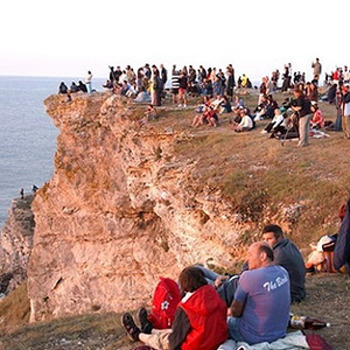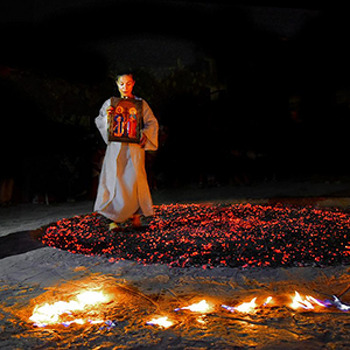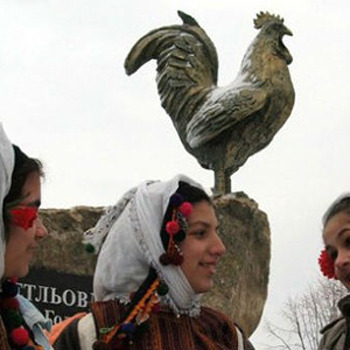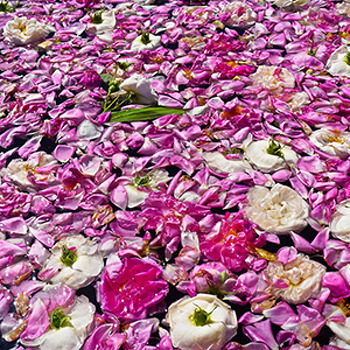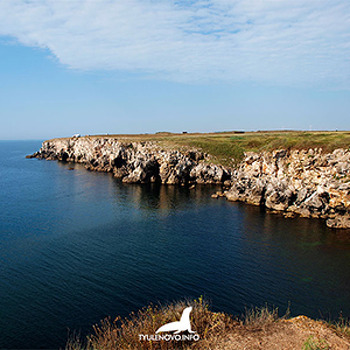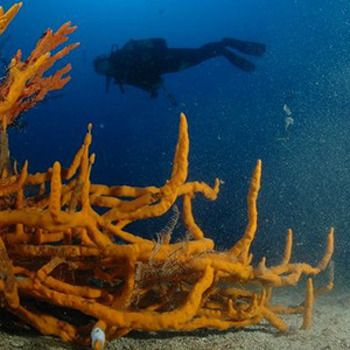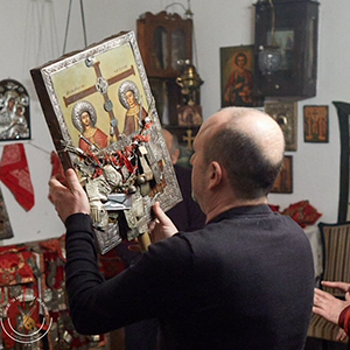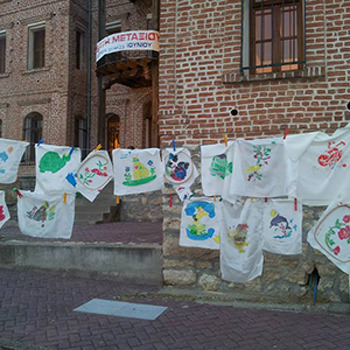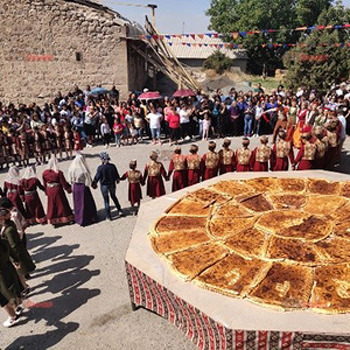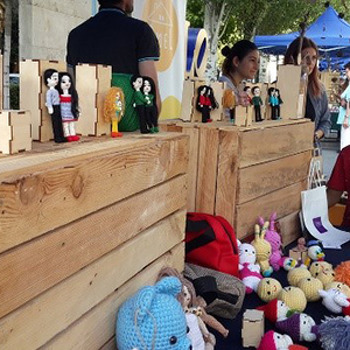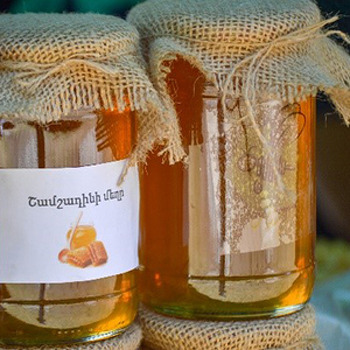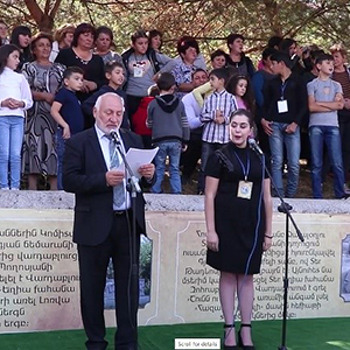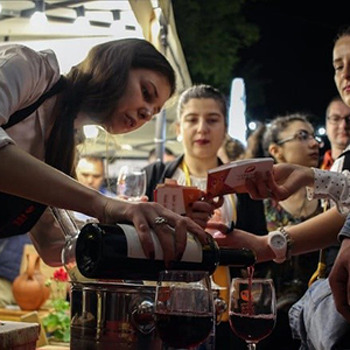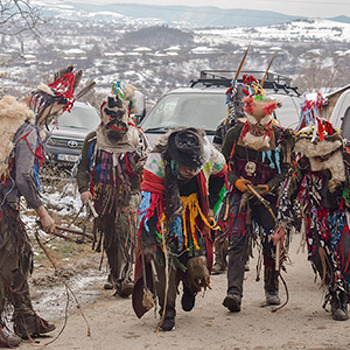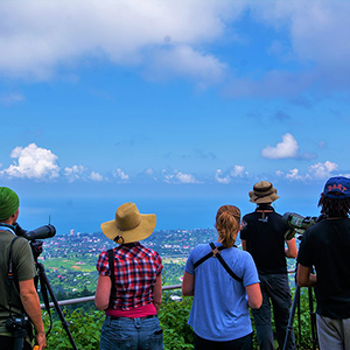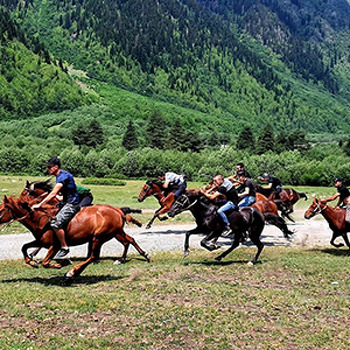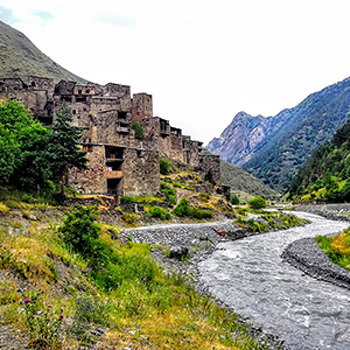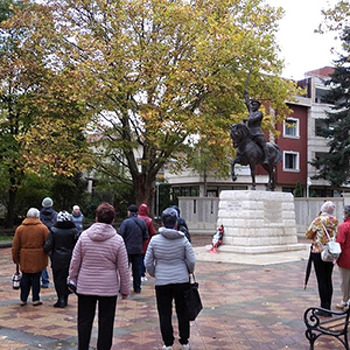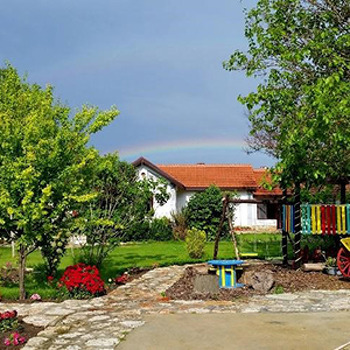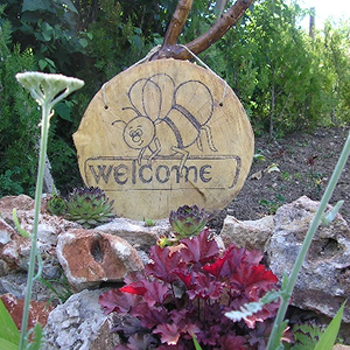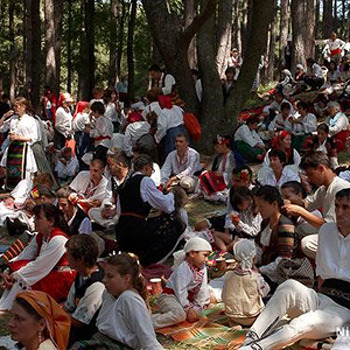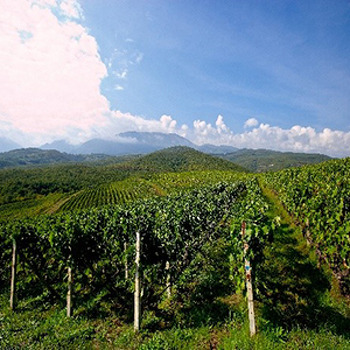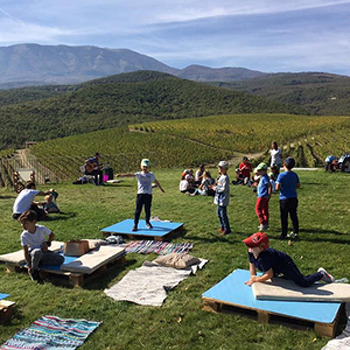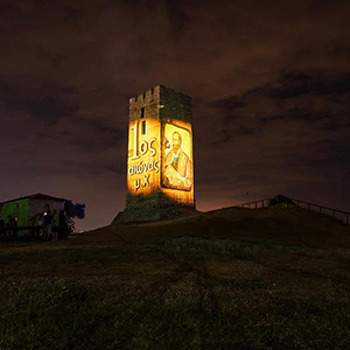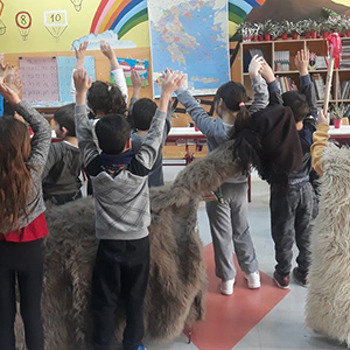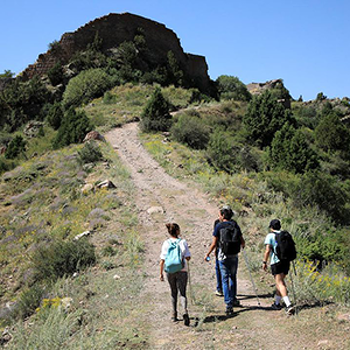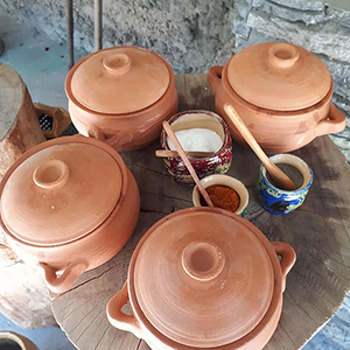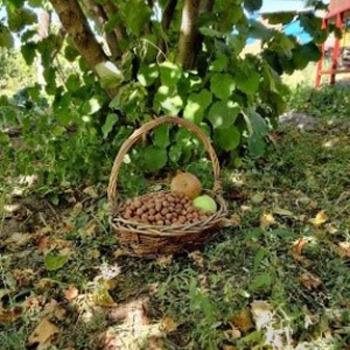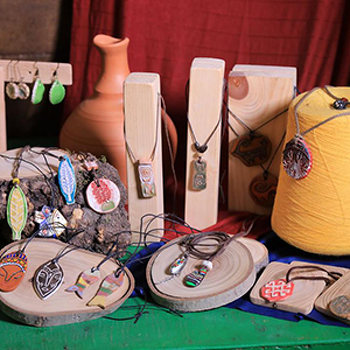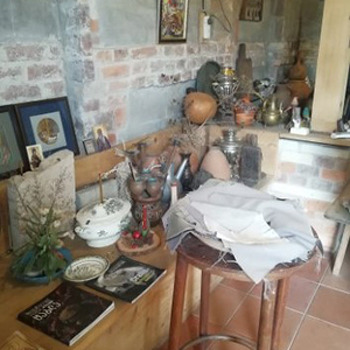Key facts and figures
Bulgaria occupies the central part of the Balkan Peninsula and the western side Black Sea coast. The coastline is 378 km long and combines pristine natural areas and a variety of historic villages and recreational towns around the urban centers of Varna and Burgas.
Situated on strategic routes between Europe and Middle East and founded in the 7th century AD, Bulgaria is one of the oldest states on the European continent with varied rich culture and strategic importance. Because the nation’s history dates back to the Thracian kingdoms in the Hellenistic period, Bulgaria is rich in historic and cultural landmarks. Nowadays, Bulgaria boasts a mix of Eastern and Western cultural heritage, which is evident in, traditions, religion, architecture, crafts and cuisine.
The cultural and historical sites amount to nearly 40 000, 10 of which are on UNESCO heritage list. Four of the UNESCO sites are in the Black Sea region. The intangible heritage is also a very important key feature of Bulgarian culture. The revival of traditional festivals becomes more popular, thus including Christian and pagan rites and celebrations. Many ethnographic reserves also launch ad hoc events for the general public.
The Bulgarian landscape exhibits a stunning variety on a small territory. Open expanses of lowland alternate with mountains cut by deep river gorges, while the Black sea coast offers amazing golden sand beaches thus attract a number of visitors. Nearly 40% of Bulgaria’s territory is deemed suitable for tourism and 4,300 parks and protected areas exhibit the natural heritage.
Bulgaria has a huge potential for tourism development. The country has established traditions in tourism and hospitality and the travel sector has been recognized as a priority in the policy making agenda.
Administrative information
Administrative division of the country
The administrative structure of the Republic of Bulgaria includes 27 districts (provinces) and a metropolitan capital region (Sofia-Grad). The districts take their names from their respective capital cities and are subdivided into 265 municipalities. Municipalities are run by mayors and municipal councils, elected directly for four-year terms. On the other hand, the Council of Ministers directly appoints regional governors who manage the districts. At the planning level, Bulgaria is divided into six regions – North-east, South-east, Central south, South-west, North-west and Central north. The North-east and South-east planning regions belong to the Black Sea Basin.
Accessibility and transport connections
Air, rail, road and water transport are all well developed in Bulgaria.
In Bulgaria there are four international airports - Sofia, Varna, Burgas and Plovdiv which are very important for the tourist industry. They are connected to major European cities (and some in the Middle East) via the national carrier Bulgaria Air as well as other airlines. There are a lot of charter and last-minute flight offers to Varna and Burgas leaving from Western Europe, Eastern Europe, and Israel.
Rail transport in Bulgaria is readily accessible and generally comfortable, and the rail network serves all the larger populated places in Bulgaria. The railway lines cross all land borders of Bulgaria except the one with North Macedonia. The European Orient Express service also crosses the country. Five pan-European transport corridors cross Bulgaria - 4, 7, 8, 9, 10.
The major and largest sea ports with international significance are Varna and Burgas. Several ports are situated along the Danube river in Bulgaria as well.
Public transport services
While most urban and suburban transport in Bulgaria is composed of buses, around a dozen cities also have trolley bus networks. The capital Sofia has also a tram and an underground network. In 2021, the metro routes were expanded to 52 km in total with 47 stations on 4 lines.
Currency and exchange options
The Bulgarian unit of currency is called Lev (from the old Bulgarian word for “lion”) and is comprised of one hundred stotinki. The exchange rate is fixed to the Euro at 1.95583 Lev for one Euro. The international code for the currency is BGN, while the national is “лв”.
The time-zone in Bulgaria is UTC+2 (East-European time/EET).
Applied research results
Links and short descriptions of other interesting and relevant research – aside from PRO EXTOUR
Tourism is an attractive sector both for study, research and business. Applied research projects are implemented by the universities and colleges, but also by the institutes of the Bulgarian Academy of Science and many professional associations.
Interesting and relevant research results are available at:
- Ministry of Tourism of the Republic of Bulgaria (https://www.tourism.government.bg/bg/kategorii/prouchvaniya-i-analizi) – annual analyses of the tourist sector;
- Tourism in Bulgaria (https://bulgariatravel.org/) is the portal developed by the Ministry of Tourism of Bulgaria to promote the main tourism resources of the country;
- Тhe National Tourism Board of Bulgaria (https://tourismboard.bg/) – mediates the the relations between business and movement structures in Bulgaria tourist sector;
- European Journal of Tourism Research (https://ejtr.vumk.eu/index.php/about) – an open-access academic journal, issued by the Varna University of Management, aimed to provide a platform for discussion of theoretical and empirical problems in tourism. The journal is indexed in Scopus and Clarivate Analytics' Emerging Sources Citation Index.
Training opportunities for tourism professionals
In Bulgaria, 110 secondary schools (85 vocational and 25 general) provide training for the different occupations in tourism. In addition, 462 VET licensed centres deliver courses in Hotel, Restaurant Management and Catering and Travel, Tourism and Leisure time for adult learners and according to the state education requirements.
At the higher education level, the training of students in the professional area "3.9. Tourism" is carried out by 20 higher education institutions (including 2 colleges) accredited by the Bulgarian National Accreditation Agency for Higher education. In addition, other 22 HEIs (out of 54 in Bulgaria in total) prepare staff in areas that are related to tourism such as Economics; Administration and Management; Sociology, Anthropology and Culture Studies; Public Communications and Information Sciences; History and Archaeology; Biological Sciences; Earth Sciences. Post-graduate courses and specialisations are also offered.
Links and short descriptions of other interesting and relevant training programs and courses/ or centres
- HELIX - Entrepreneurial Learning Exchange Initiative for Sustainable Hospitality SMEs in the Balkan-Mediterranean Region - http://www.helix-balkanmed.eu/
- NTG – Next Tourism Generation Alliance - https://nexttourismgeneration.eu/
- CULINART - Designing a Joint VET Qualification in Culinary Arts and Pilot Pathways for Continuing Training - http://culinart-europe.eu/index.php/en/
- VET@HOME - Practical Virtual Training for Culinary Arts VET - https://www.facebook.com/VETatHomeEurope
Finding opportunities for projects and businesses
Links and short descriptions of
- Donor programs,
- Incubators and accelerators – if any
- Bank Loans – if any
Tourism enterprises in Bulgaria are benefiting from the support schemes that are available for business entities in the country. Loans are provided by all commercial banks based on their standard rates. Financial support is provided in the frame of the Operational programs implemented as part of the Cohesion Policy of the European Union in Bulgaria:



